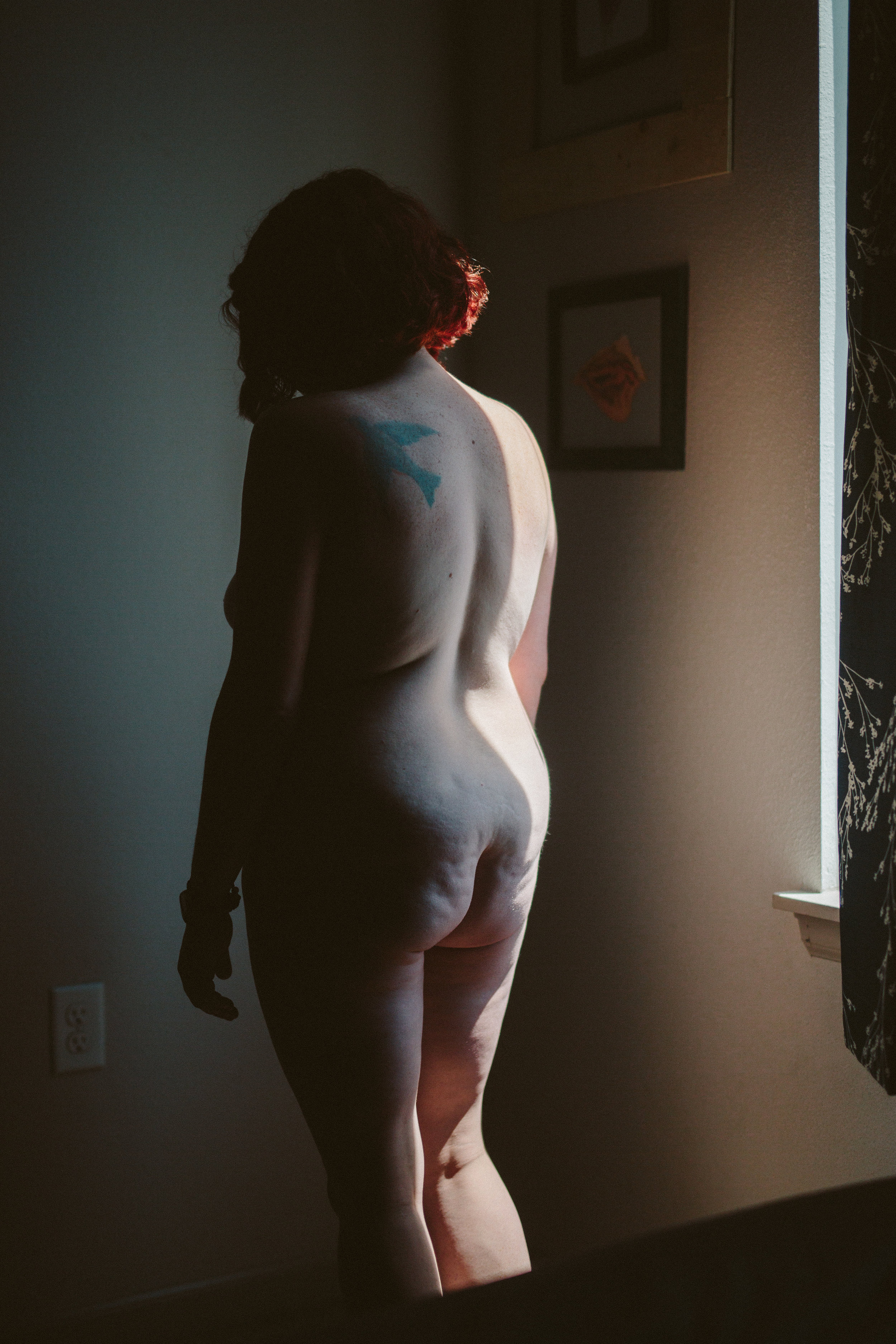
I Woke Up Like This #51: On Being the Drama Queen
July 13, 2018
I remember being called a drama queen by my Mother as a child. Each time I would have an emotional reaction to something this phrase would come up and I’d be labeled. I was The Drama Queen. Everything I did emotionally was in excess. My reactions to my surroundings and those in them. My reaction to pain or heartbreak. Even my happiness was excess. I was a rollercoaster. A quiet, shy rollercoaster.
In reality, I live on the Borderline Personality Spectrum. And the Schizoaffective Spectrum. Like this participant, my symptoms were hidden by the unhelpful, invalidating, and gaslighting phrase “Drama Queen”. My inability to control the regulation of my emotional reactions was not seen as a medical problem but a behavioral character defect. I was seen as overreactive, illogical, crazy, and invalid.
When in reality, I was reacting how my brain is literally formed to do so.
I feel things so intensely sometimes. Hate, love, passion, fear. I feel it all on at the greatest volume allowed in my body. On my inside. I have learned through therapy to control this part of me, but at the cost of great mental burden. It isn’t easy to withhold your own emotions, for the sake of others comfort, without invalidating yourself as a result. And with that invalidation of our emotions, comes an age old shame for how we behave. We’re locked into this space where we can’t react as strongly as we wish, and no amount of validation is enough to make it feel okay. We’re forced to find our own form of validation or we won’t survive.
Shame is a toxic, deadly force. It eats you away bit by bit. Piece by piece. If you’re a perfectionist like me, a coping mechanism commonly employed by Borderlines, you ignore the shame when it’s in the room out of fear of expression. But that doesn’t mean the need for expression goes away. It simply grows into unhealthy behaviors and secondary disorders like addiction, eating disorders, OCD, and codependence. It leaves you without a real identity, because the real you is made up of so many mental road blocks that you can’t fully express yourself without being seen as needy. Because your identity is wrapped up in a false perception of yourself, a perception we create to please others.
If you don’t address that shame, it bubbles up to the surface in many ways.
When I tackled my shame, when I acknowledged it, it changed me entirely. It broke a ceramic mask I molded myself over the years and hid behind. It illuminated all my flaws and made me more uncomfortable than I’ve ever been. I gained 100 pounds and lost every single friend I had. I changed career paths after working my whole life to do just one thing. I stopped wearing makeup and I cut my hair short. I took a sledgehammer to the mold on the outside and revealed someone who was desperate to be loved by others. And understood. It destroyed every part of my old self that was the mask.
But it saved me. From me.
I’m not shutting people out anymore. I’m not hiding from relationships. I’m trying to spend more time outside of my home with people. I’m being 100% vulnerable as a person and caring more about those in my life now that I know what differences I can make in my behavior towards them. I believe Cognitive Behavioral Therapy can help anyone with my condition. Even just a little chisel off the outside can help you see so much more on the inside.
Enjoy this persons story and be kind to those with Borderline.
We fight hard to function too.
Be Kind to Yourself,
Jillian

What is your self esteem from 1-10?
It varies from day to day. On a deep core level, it’s probably lower than my average day to day acknowledgment of it. Today is like a seven.
What goes into rating?
I like myself and overall I’m mostly happy with the way i look. its when i get deeper than that when it starts to get real twisty. As far as appearance goes. There are definitely things I don’t love. That aren’t exactly what I’d like them to be. But I’m working on them. My body gets me through the day and has done a lot for me. Even when I didn’t take very good care of it at all. So I really appreciate it.


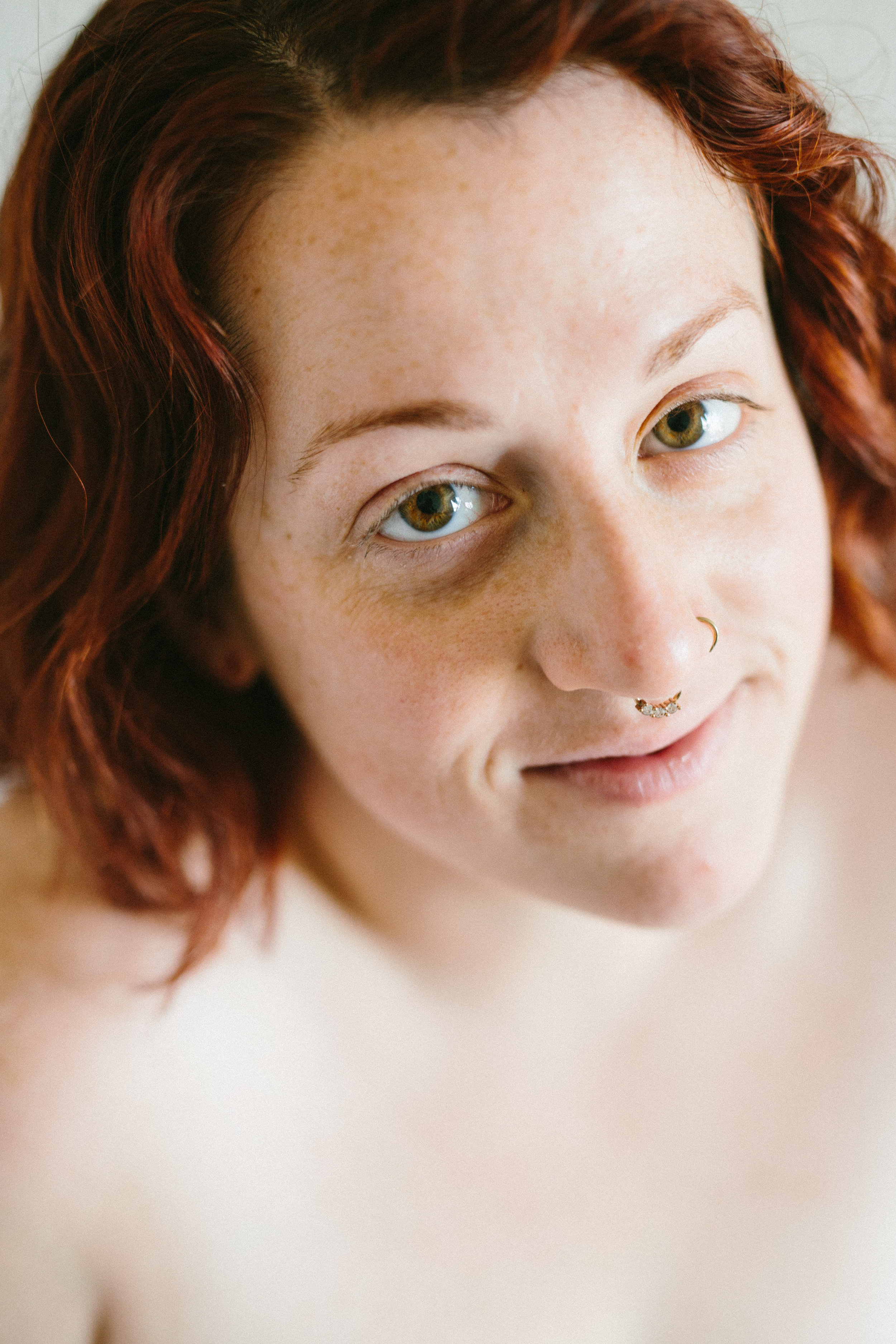
What does taking care of your body look like now compared to the not so good days?
I have a drinking problem. Aren’t you supposed to say it’s forever? I stopped drinking a year and a half ago. I officially haven’t had any alcohol in a little over a year. I’m in a place where I’m taking better care of my mental health. I’m in a treatment program that is very helpful for me. I’m a lot more physically active than I’ve been right now. I still don’t eat great but its definitely better.
Just generally working on loving myself. Being more accepting of exactly what I am.




What steps did you have to take to get sober?
The interesting thing is I didn’t intend to get sober. I entered a really codependent relationship and moved across the country. I think in that new place, I just replaced my addiction to alcohol with him. Even though I was technically sober, the hard work didn’t start until I finally left him.

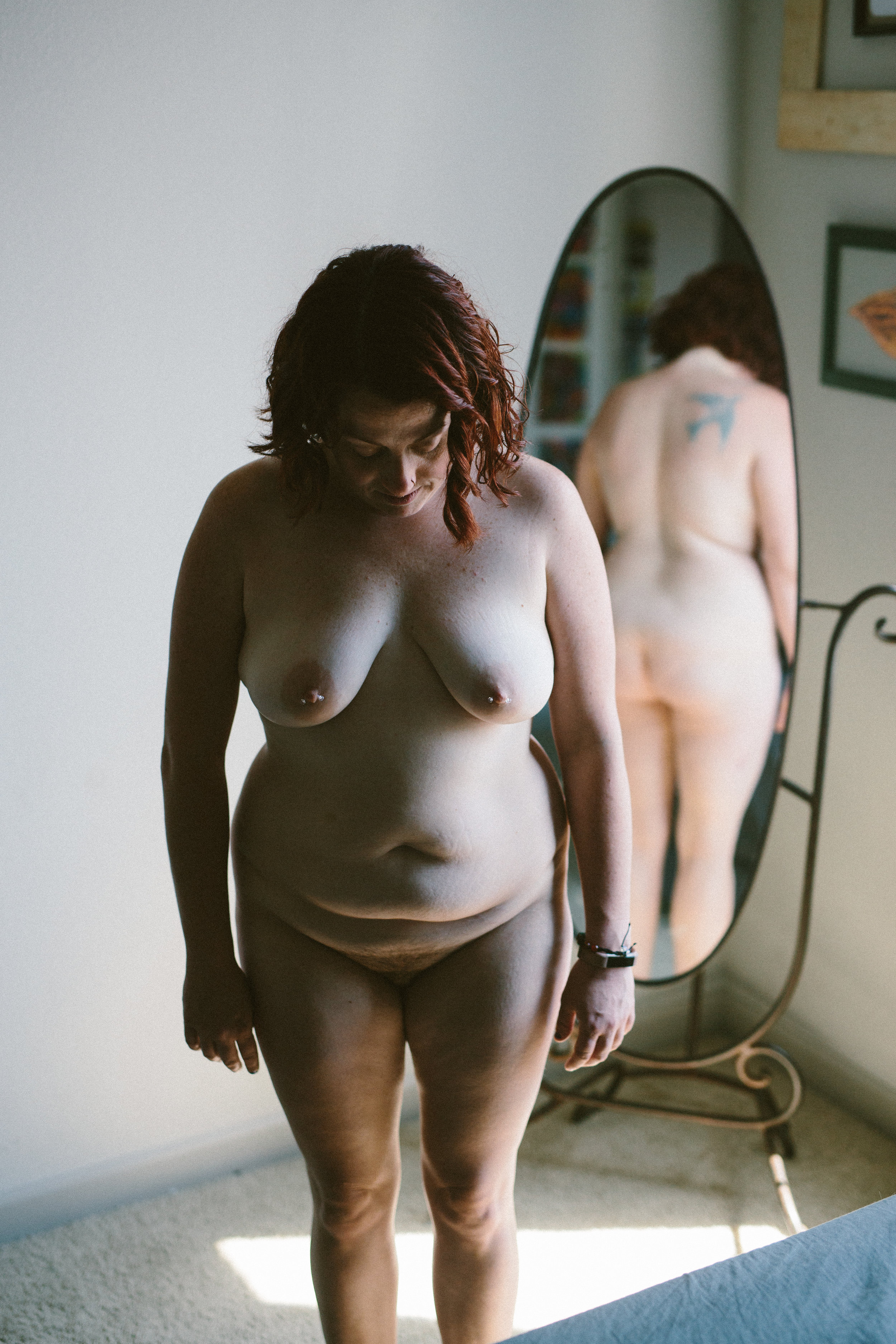

What did leaving him look like?
I had a turning point where I realized everything was messed up. He just kept promising it would change. I don’t know the exact turning point was. Looking back, I had a dream. I was writing about it recently. One night, in the dream, I looked down and there was a cow suckling at my left breast. This mother cow was feeding a baby cow. As I watched, my breast got smaller and smaller. Until it was barely there. I later equated this with me giving all of my energy towards my inner mother to take care of him. And not anything for myself at all. Around that time I decided I wasn’t going to be able to wait around for him to change. Ultimately, it ended in a blow out fight and me calling a friend to come and get me in the middle of the night.
What have you learned from the relationship?
I definitely am able to see a lot of patterns in my relationships now that I wasn’t always aware of. I just allowed myself to be treated that way, and didn’t love myself. I was basing my worth around another person. It’s never a good thing to do.
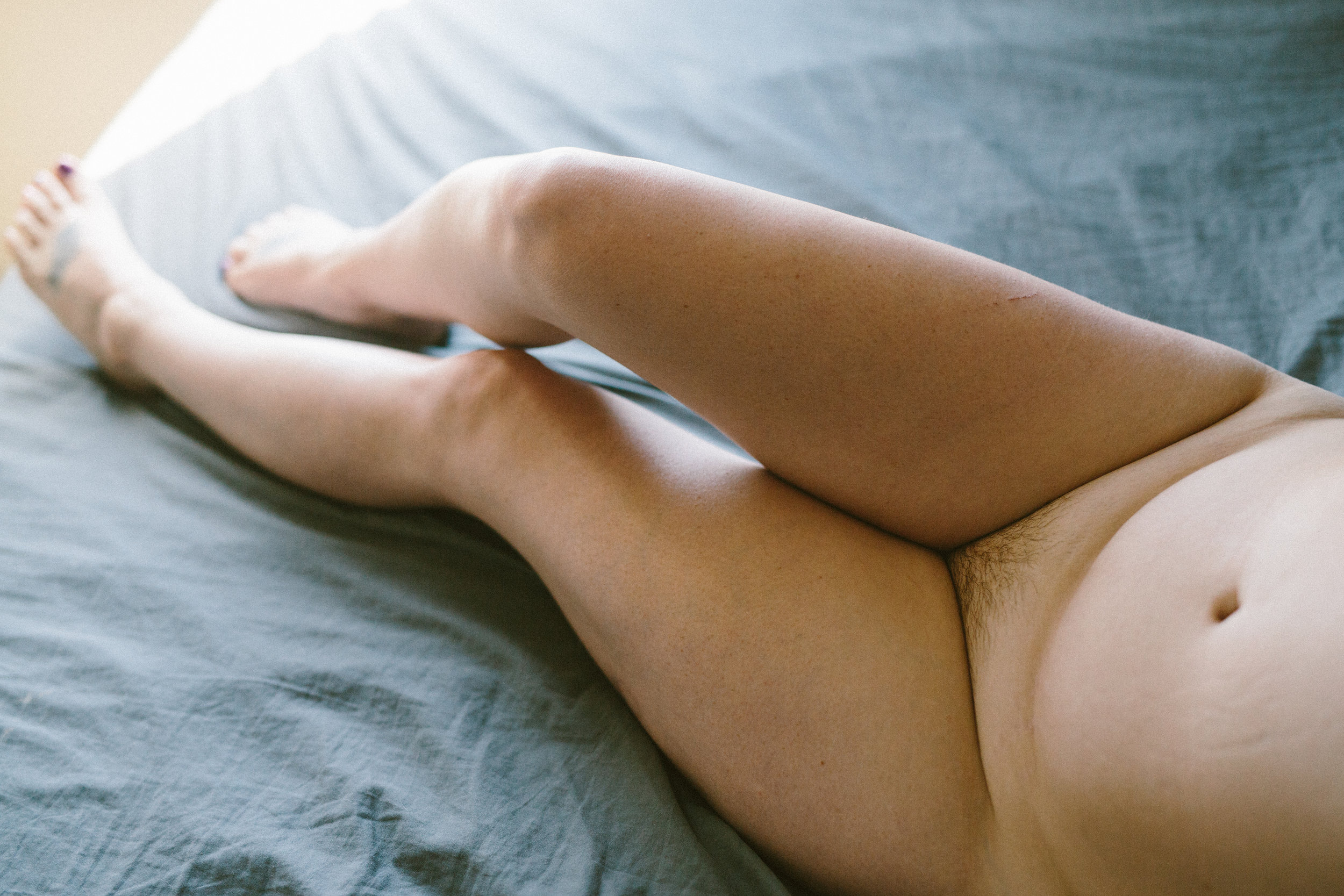
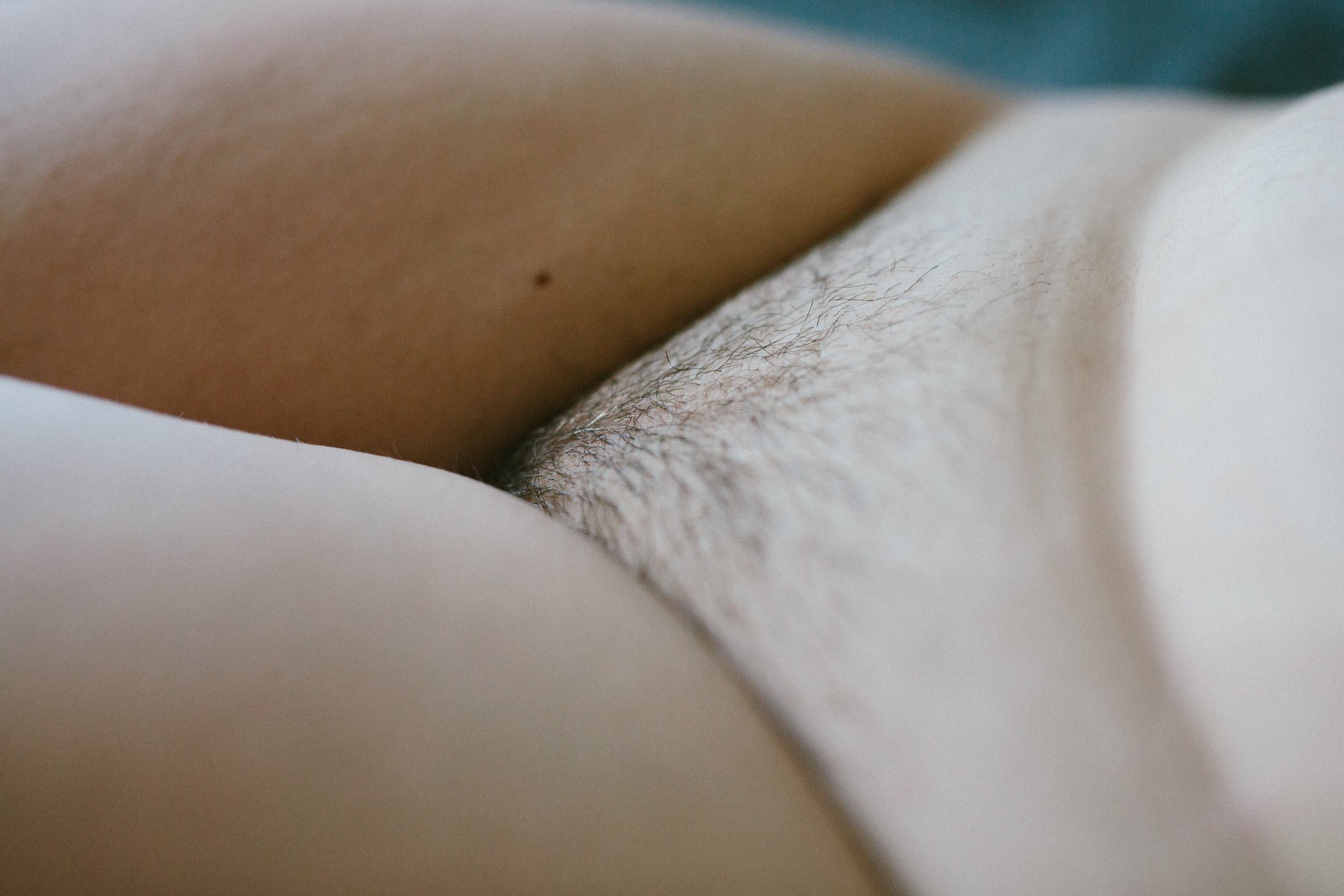
Are your a feminist?
Definitely. Intersectional.
What does feminism mean to you?
First off, equality. It’s about acknowledging the ways that our learned behaviors perpetuate the inequality.
What do you think is the biggest struggle with the feminist community right now?
I’m from Louisiana. In the bible belt in general, people don’t have an understanding about what feminism is. It’s more just people thinking that it means you hate men. I was raised surrounded by a lot of this idea that I’m a Drama Queen about civil rights issue.
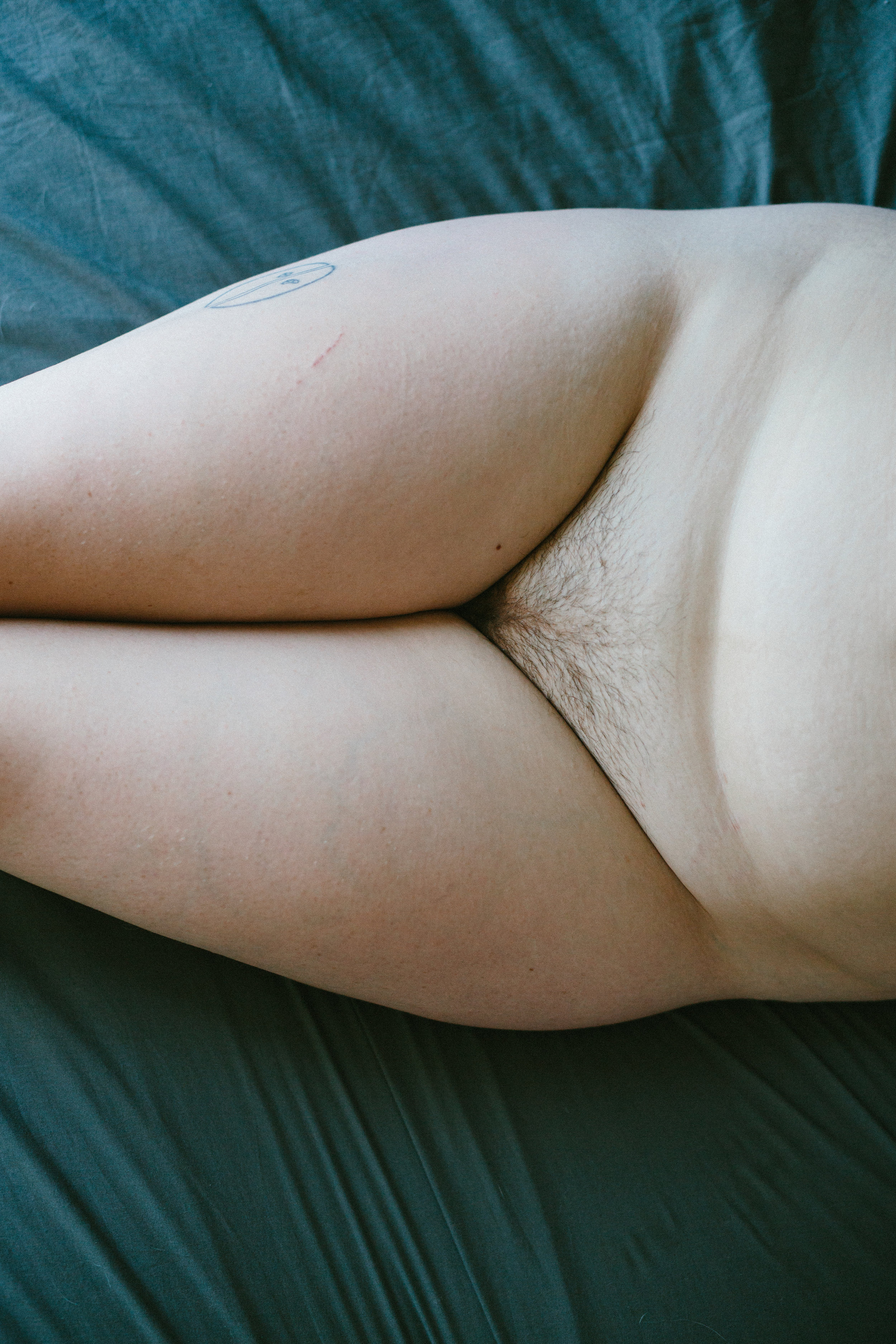
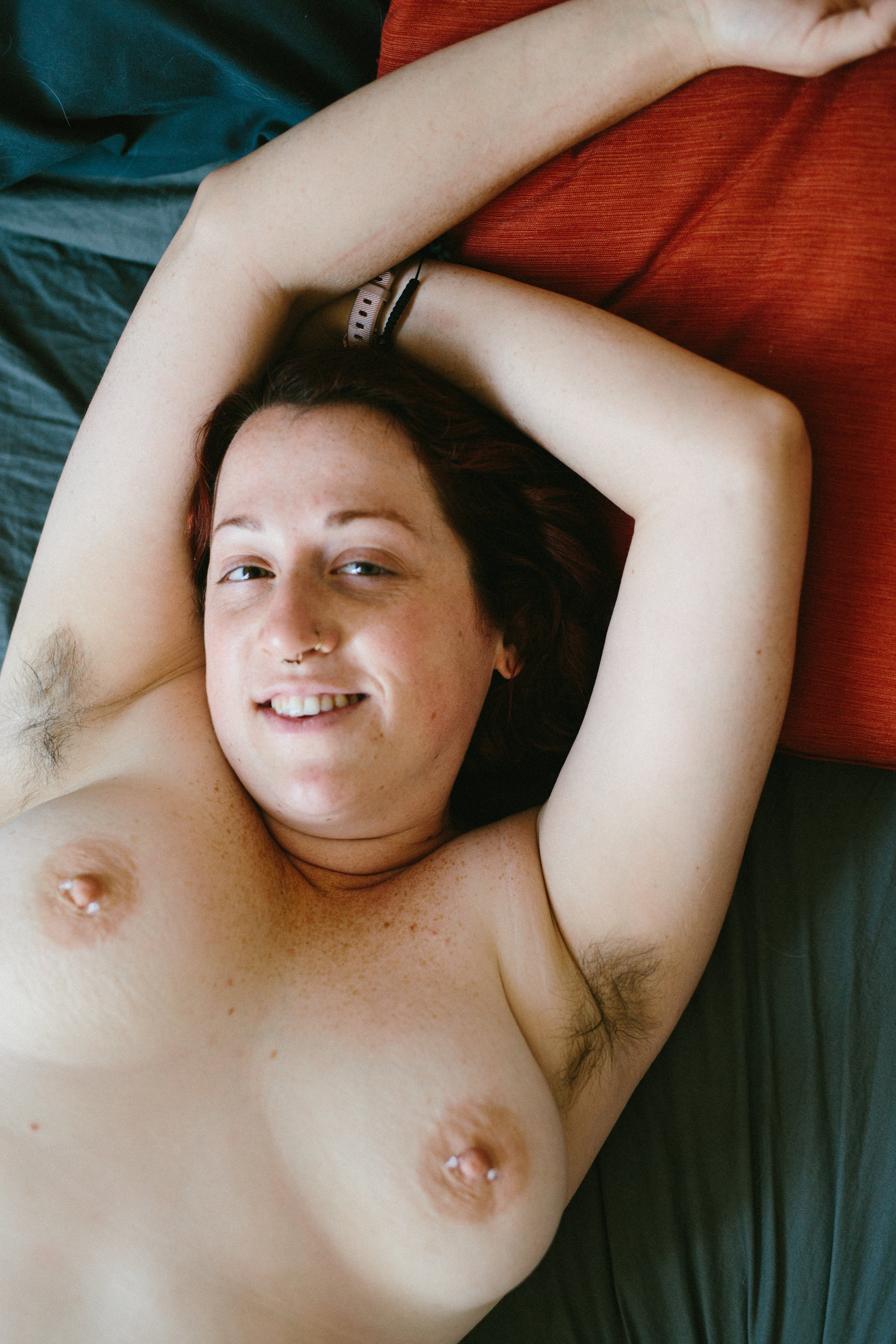
Let’s talk about the term Drama Queen. When did you start to hear that?
Middle school was the first time I remember a lot of that invalidation. I had a hard time in middle school. I switched to a smaller private school where everyone had been going to school together since they were kids. I just struggled. I remember having “friends” who’d call me bipolar or dramatic. They would try to tell me I was faking when I was upset. At 26, I was finally diagnosed with Borderline Personality Disorder.
Tell me more about that.
I had just gotten through a breakup and lost a pet. I’d also started taking hormonal birth control, which I now know is a good way to myself suicidal. I reached a low point and watched all the Harry Potter movies in order. By movie four I was really scared because I was pretty sure that once the movies were over I was gonna kill myself. Instead, I called my friend and she took me to the hospital. I got moved to an inpatient facility. I was there for about a week and as soon as my doctor met me and found out about my history of self injury; he asked me if I had ever heard of BPD. And handed me a copy of I Hate You, Don’t Leave Me.
As soon as I started reading it, it all pretty much clicked.
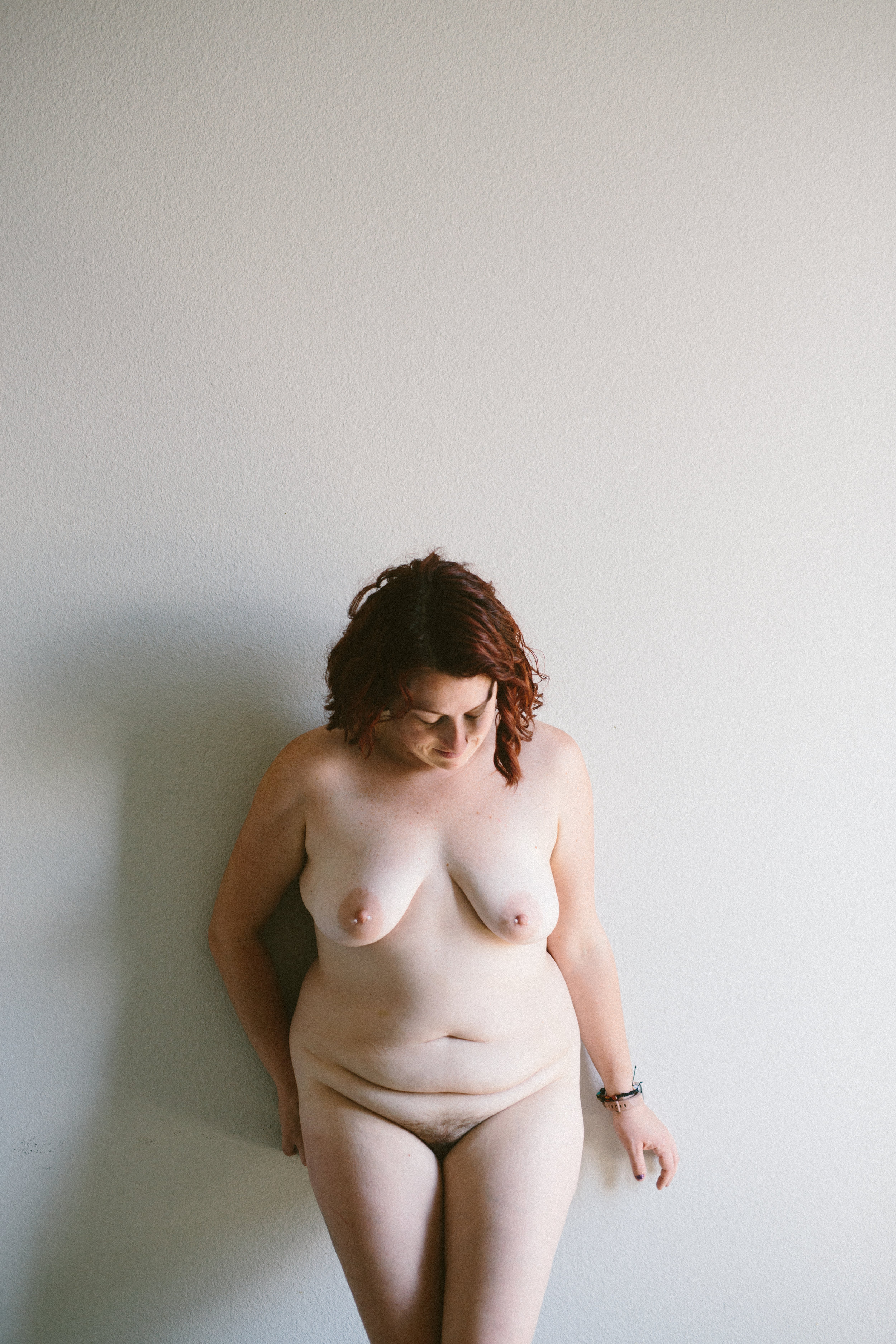
It’s good that he recommended a book to you instead of just telling you what you were and having it end there.
Definitely. I have frustration with that experience and I am also grateful for it. That’s actually a dialectic! Which is the type of therapy I’m in right now. Dialectical Behavioral Therapy. Two seemingly opposing statements that are both true. Borderlines have trouble making gray out of black and white.
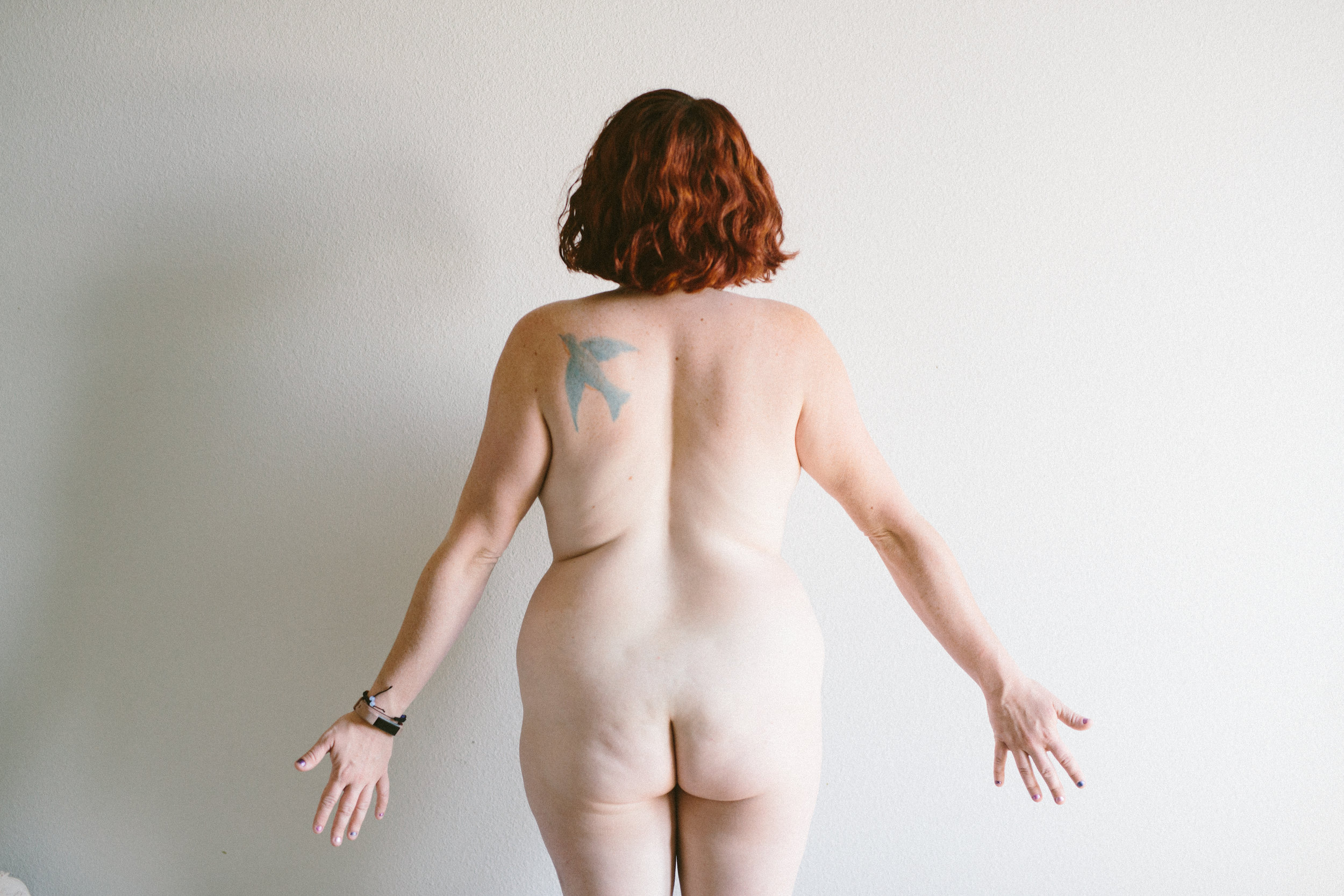
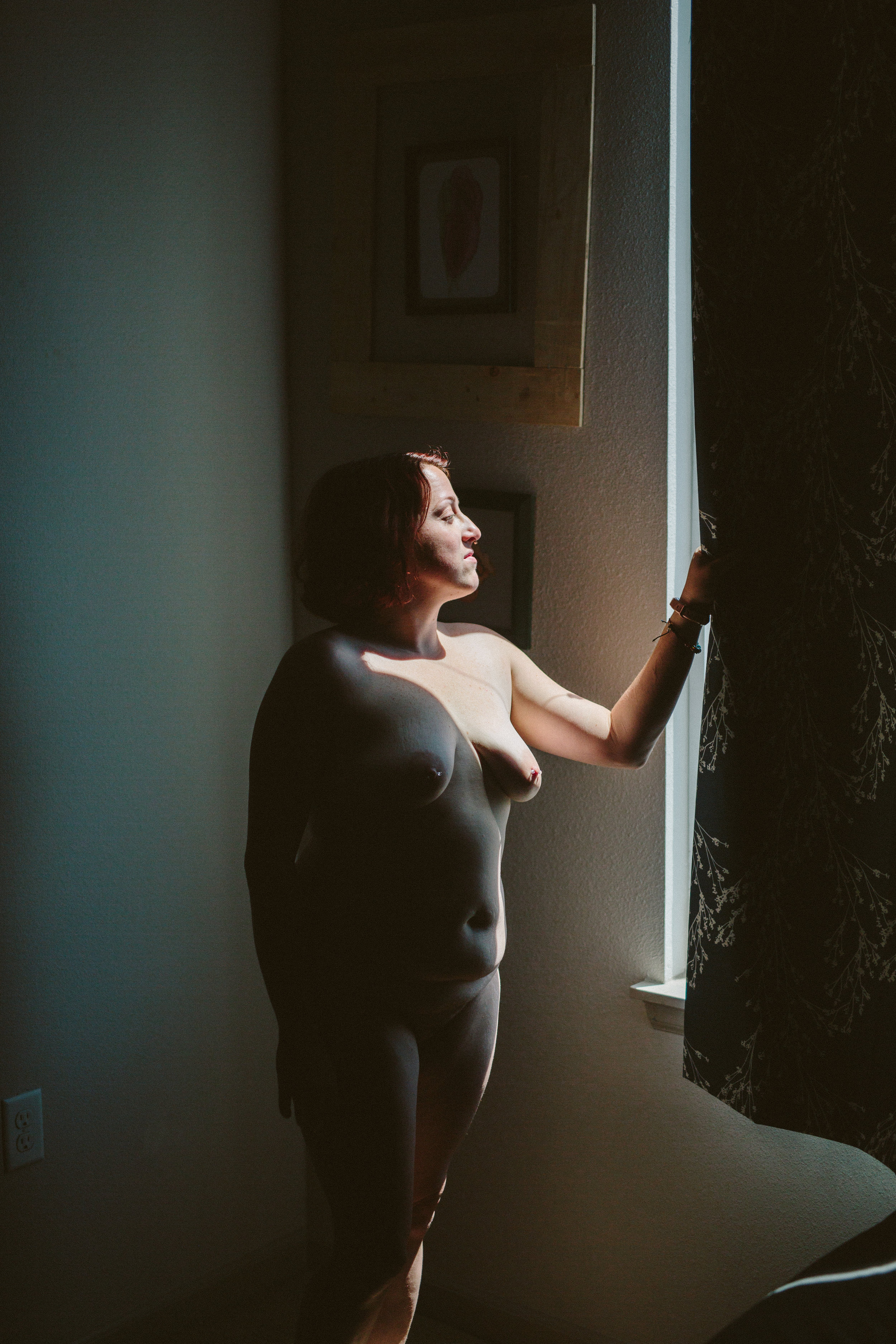
What other ways have you changed your life to accommodate this diagnosis?
I’m still really learning to use healthy skills to manage my mental health. Mindfulness and practicing patience with myself are making a big difference.
Anything you want to say to people reading this?
Thanks for being a part of this step journey!
